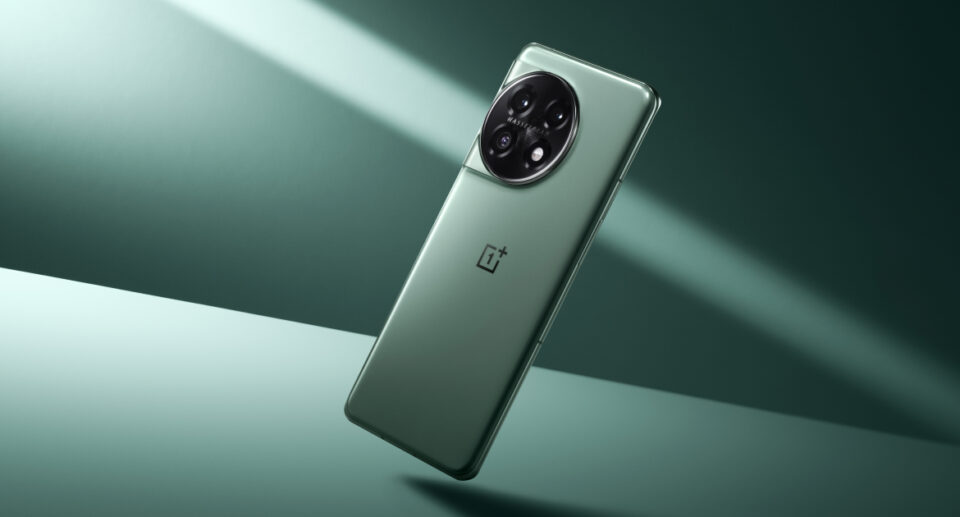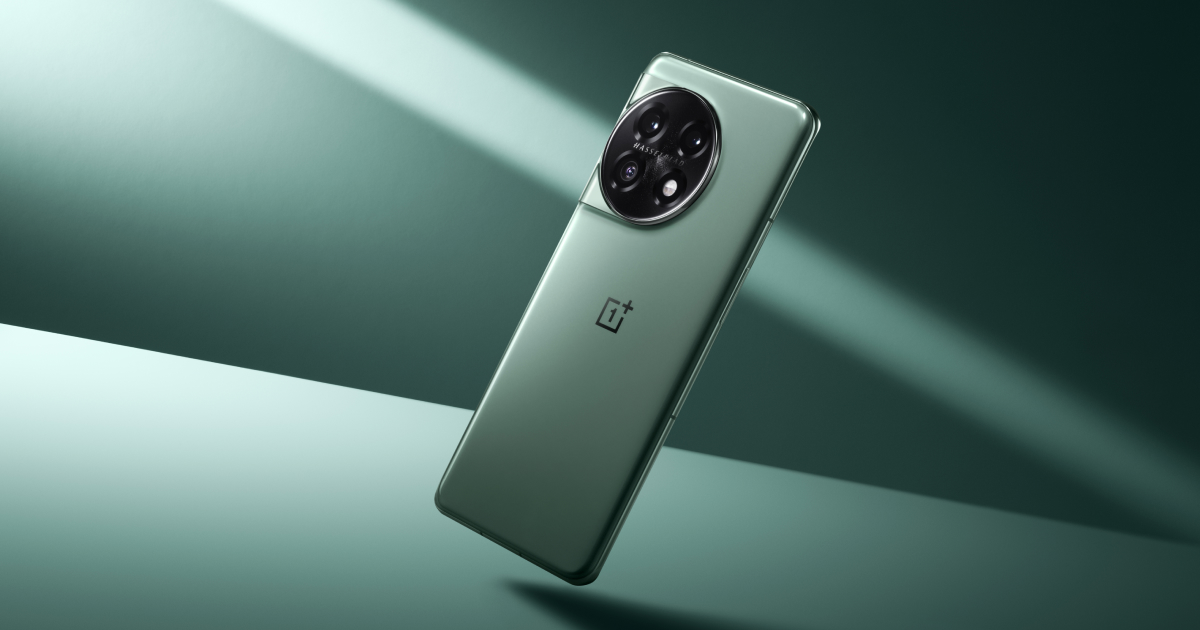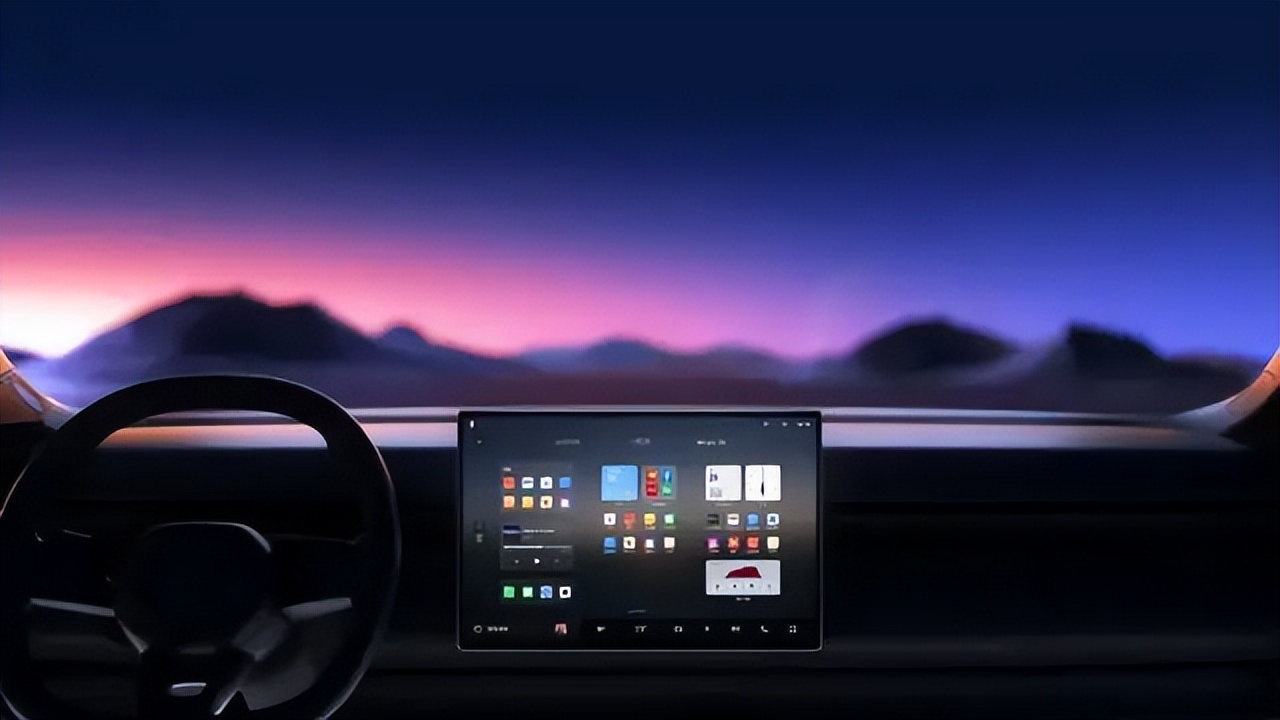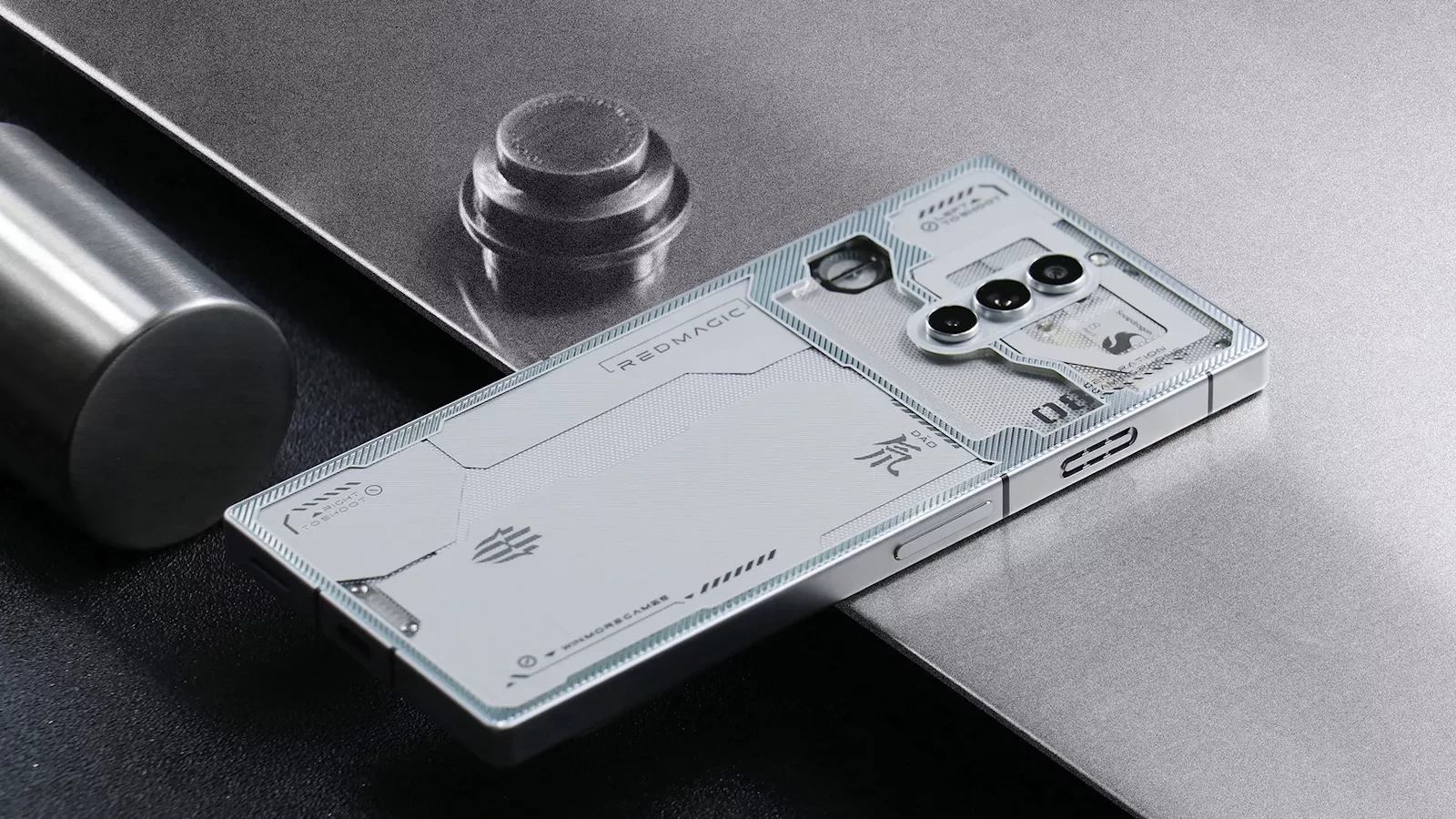Unveiling the Snapdragon 8 Gen 3’s Astonishing Performance

In the ever-evolving world of technology, there are few names as prominent as Qualcomm, especially when it comes to mobile processors. With the release of the Snapdragon 8 Gen 3, the tech giant is set to usher in a new era of smartphone capabilities in 2024. In this blog post, we’ll delve into the impressive benchmarks and innovative features that make the Snapdragon 8 Gen 3 a game-changer.
Benchmarks That Defy Expectations
To truly understand the potential of the Snapdragon 8 Gen 3, we turn our attention to the benchmark results that have the tech community buzzing. Qualcomm has provided us with valuable insights by testing their chipset on a reference device, showcasing remarkable performance.
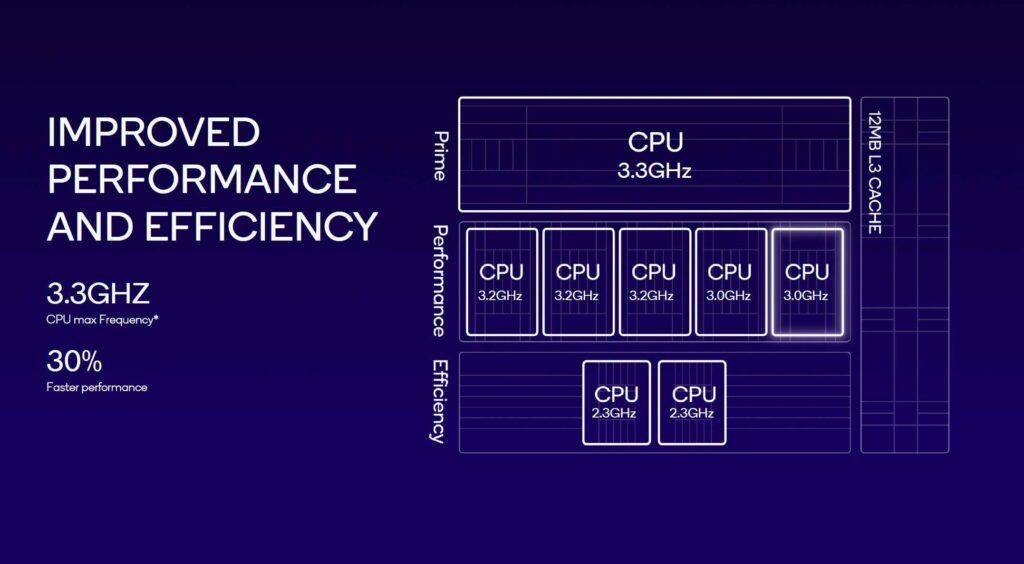
Geekbench 6 Single-Core Benchmark
The Snapdragon 8 Gen 3 leaves no room for doubt about its prowess in the single-core performance department. With scores ranging from 2,320 to 2,229 points, this chipset outperforms nearly every Android smartphone on the market. Renowned devices like the Samsung Galaxy S23 Ultra, OnePlus 11, and Google Pixel 8 Pro all fall short in comparison. However, it’s worth noting that it still lags behind Apple’s iPhone 15 Plus and iPhone 15 Pro Max, which boast scores of around 2,600 and 2,900 points, respectively.
Geekbench 6 Multi-Core Benchmark
In the multi-core benchmark, the Snapdragon 8 Gen 3 continues to shine, consistently scoring between 7,439 and 7,526 points. This not only places it ahead of Apple’s iPhone 15 Pro Max but also outperforms the iPhone 15 Plus. It’s evident that Qualcomm’s new chip sets a high standard for multi-core performance, leaving last year’s Snapdragon 8 Gen 2-powered smartphones far behind.
AnTuTu Benchmark Dominance
When it comes to the AnTuTu benchmark, the Snapdragon 8 Gen 3 emerges as a clear winner. Scoring between 2.13 million and 2.14 million points, it outshines every other smartphone equipped with the Snapdragon Gen 2 chipset. Devices like the iQoo 11, Samsung Galaxy S23 Ultra, Xiaomi 13 Pro, and OnePlus 11 all take a back seat in this race for performance.
| Benchmark name | Score | What’s it for? |
|---|---|---|
| Geekbench 6 (single-thread) | 2,320 to 2,329 | CPU performance |
| Geekbench 6 (multi-thread) | 7,439 to 7,526 | |
| AnTuTu v10 | 2.13 million to 2.14 million | Generic (all performances and tasks combined) |
| PCMark for Android (Work 3.0) | 21,125 to 21,628 | |
| GFXBench, Aztec Ruins, Vulkan (Normal Tier), 1080p | 238 to 241 | Graphics, gaming, and GPU performance with variable workloads and different rendering conditions |
| GFXBench, Aztec Ruins, Vulkan (High Tier), 1440p | 93 to 96 FPS | |
| GFXBench, Aztec Ruins, OpenGL (High Tier), 1440p | 82 to 83 FPS | |
| 3DMark, Wild Life Extreme | 32 FPS | |
| 3DMark, Wild Life | 114 – 115 FPS | |
| 3DMark, Solar Bay | 32 – 33 FPS | |
| Jetstream 2 | 238 to 241 | Web browsing and web element performance |
| Speedometer 2.1 | 309 to 311 | |
| WebXPRT3 v2.93 | 309 to 310 |
Behind the Numbers
It’s important to highlight that these impressive benchmark scores stem from Qualcomm’s reference device, a smartphone housing the Snapdragon 8 Gen 3 chip alongside 24GB LPDDR5x RAM operating at 4.8GHz and 512GB of UFS 4 storage. This device also features a 6.65-inch full-HD AMOLED display with a 144Hz refresh rate and a 4,192mAh battery.
What’s more exciting is that this is just the beginning. As we anticipate more smartphones featuring the Snapdragon 8 Gen 3 in the coming weeks and months, the Xiaomi 14 is all set to make its debut in China, offering even more insights into the true capabilities of this groundbreaking chipset.
In conclusion, Qualcomm’s Snapdragon 8 Gen 3 is on the brink of redefining smartphone performance standards in 2024. With its astonishing benchmark scores, it’s evident that this chipset has the potential to unlock new levels of power for the smartphones of the future. Stay tuned for more updates on this revolutionary technology, and let’s witness the smartphone industry’s transformation together.

